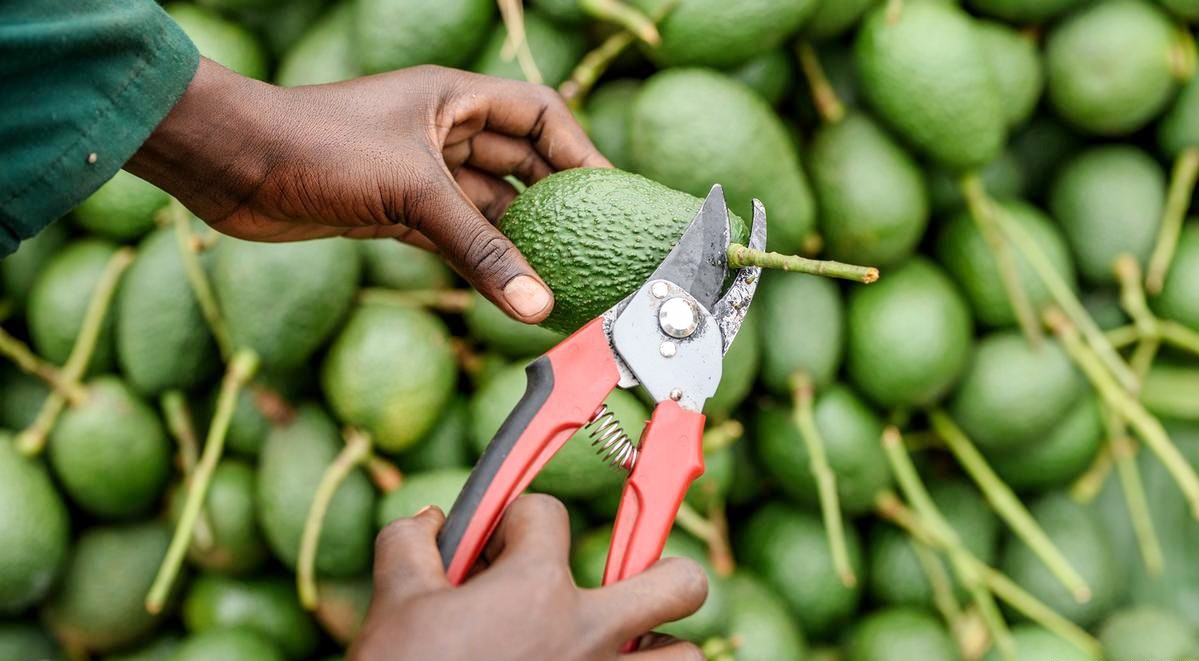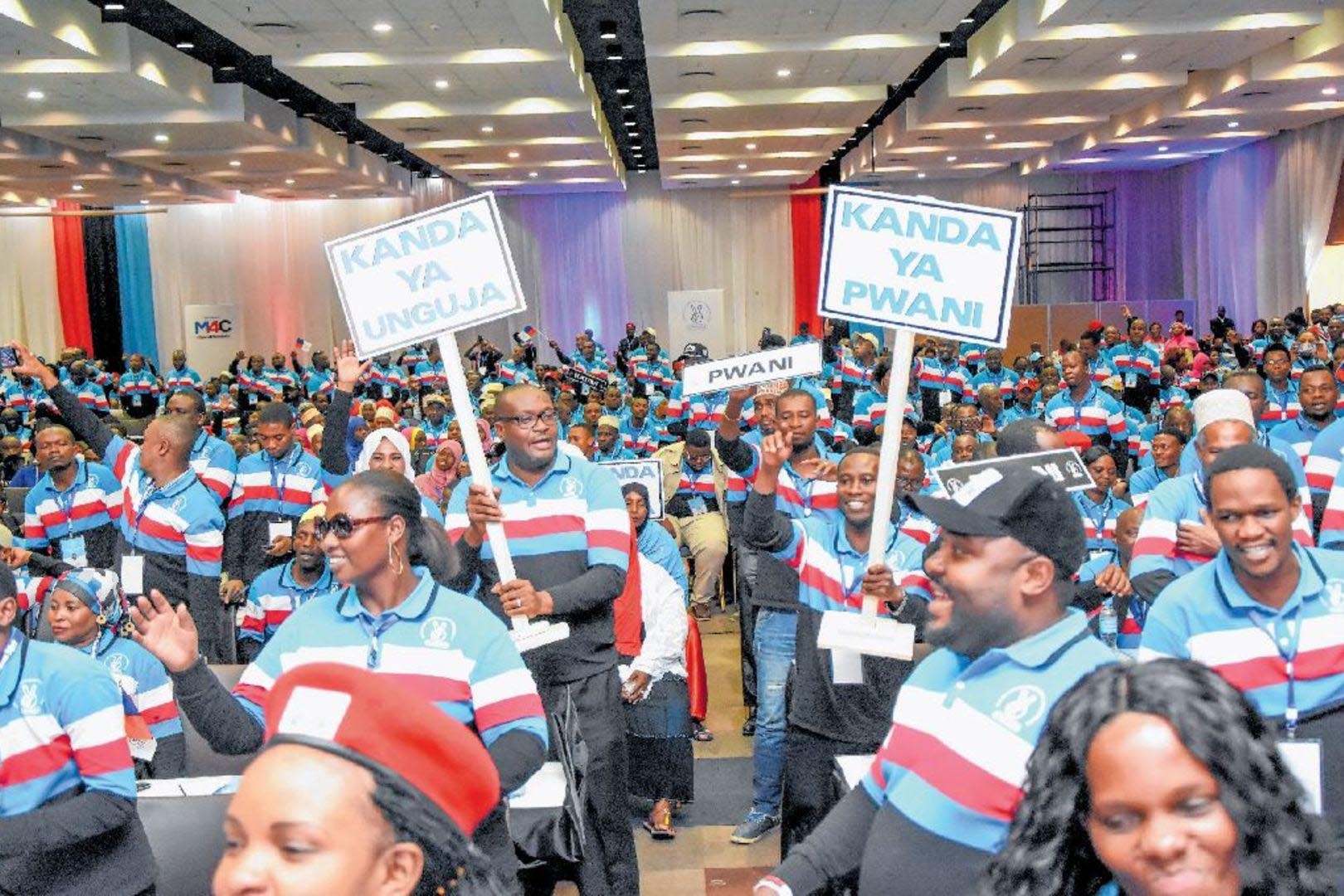NEC clears record 15 candidates for Tanzania's presidential election

What you need to know:
- Candidates cleared (listed in order of their endorsement) include Dr John Magufuli (CCM), Mr Leopold Mahona (NRA), Mr John Shibuda (ADA-Tadea), Mr Mutamwega Mgaywa (SAU), Mr Jeremiah Magan- ja (NCCR), Ms Cecilia Mbaga (DM), Prof Ibrahim Lipumba (CUF) and Mr Philipo Fumbo (DP).
- Others are Mr Bernard Membe (ACT-Wazalendo), Ms Queen Sendiga (ADC), Mr Hashim Rungwe (Chaum- ma), Mr Khalfan Mazrui (UMD), Mr Seif Maalim Seif (AAFP), Mr Twalib Kadege (UPDP) and Mr Tundu Lissu (Chadema).
Dar es Salaam. The National Electoral Commission (NEC) yesterday cleared a record 15 candidates to vie for the Union presidency in the October 28 General Election.
They were among 17 aspirants who collected nomination forms from NEC earlier this month. Candidates cleared (listed in order of their endorsement) include Dr John Magufuli (CCM), Mr Leopold Mahona (NRA), Mr John Shibuda (ADA-Tadea), Mr Mutamwega Mgaywa (SAU), Mr Jeremiah Magan- ja (NCCR), Ms Cecilia Mbaga (DM), Prof Ibrahim Lipumba (CUF) and Mr Philipo Fumbo (DP).
Others are Mr Bernard Membe (ACT-Wazalendo), Ms Queen Sendiga (ADC), Mr Hashim Rungwe (Chaum- ma), Mr Khalfan Mazrui (UMD), Mr Seif Maalim Seif (AAFP), Mr Twalib Kadege (UPDP) and Mr Tundu Lissu (Chadema).
Two candidates failed to make the cut. Mr David Mwaijojele of CCK and his running mate, Mr Ali Said Juma, were disqualified because Mr Juma’s photographs and signature were missing from Form Number 10, while Mr Maisha Mapya Muchunguzi of NLD had not turned up at the NEC head office by the 4pm deadline.
While other candidates’ were cleared relatively swiftly, some within a few minutes, Mr Lissu’s forms were put under the microscope.
NEC officials pored over the documents for about five hours, and it was not until 7.45pm that the commission’s chairman, Mr Justice (retired) Semistocles Kaijage, announced that Mr Lissu had been cleared
Should all the 15 candidates end up on the presidential ballot come Election Day, the number of contenders this year will be nearly double those who con- tested the presidency in 2015 when eight aspirants vied for the top seat.
In 2010, there were seven candidates, while ten aspirants vied for the presidency in 2005. Only four candidates were on the ballot in 2000, the same number as in 1995 when Tanzanians voted in the country’s first multiparty general election after the restoration of political pluralism three years earlier. Political party leaders and political analysts earlier this month voiced divergent views on the number of aspirants this year.
“The number of educated Tanzanians who have a much better under- standing of democracy has increased over the years. This has led to an increase in the number of candidates seeking elective posts, including the presidency,” said CCM’s secretary of political affairs and international relations, Colonel (rtd) Ngemela Lubinga.
He said the number of presidential candidates had been increasing since 1992 when political pluralism was reintroduced, and attributed this to an improvement in education levels and general understanding of politics and democracy.
But ACT-Wazalendo party leader Zitto Kabwe charged that the high turnout of aspirants was “a plot”, saying most of the candidates would drop out with the aim of handing the advantage to CCM’s flag-bearer. “We know that some of the so- called presidential are unable to raise Sh100,000 for parliamentary nomi- nation forms, let alone Sh1 million for presidential forms. We know them. These are stooges planted by CCM to create the misleading impression that democracy is flourishing in Tanzania,” he told The Citizen.
Chadema deputy secretary general (Tanzania Mainland) Benson Kigaila echoed Mr Kabwe’s sentiments, saying he saw CCM’s hand in the record turnout of candidates.
“However, the ploy will fail miser- ably because most of these parties are tiny outfits that won’t have any significant impact in the presidential election. Most of them have not fielded even a single parliamentary or civic candidate. CCM is wasting its time if it thinks it can use such parties to its advantage,” he said.
Mr Kigaila added that any attempt to split the opposition vote was bound to fail because most of the aspirants who had picked up presidential nomination forms were “inconsequential”.
CCK secretary-general Renatus Muabhi lashed out at what he said was the selfishness of big opposition parties.
“The problem is that big opposition parties have no time for cooperation with smaller parties, and think that they can dislodge CCM from power even if they go it alone,” he said.
Mr Muabhi added that most of the smaller parties were strapped for cash to the extent that they were unable to give their members bus fare so that they could attend nomination meetings.
“Where are these parties going to get the money needed to send their candidates to at least ten regions to collect guarantors’ signatures and hold countrywide campaigns scheduled to commence later this month?” he queried.


